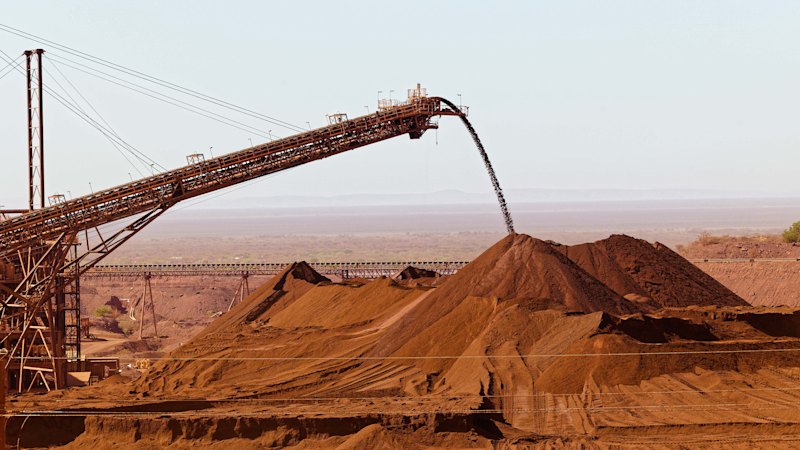
Tech billionaire Scott Farquhar, co-founder of Atlassian, made headlines this week by arriving three hours late to a crucial economic roundtable convened by Australian Prime Minister Anthony Albanese in Canberra. The meeting, aimed at revitalizing Australia’s economy, saw Farquhar missing key opening discussions, sparking controversy over his priorities and recent advocacy for relaxed AI regulations.
Farquhar, who is also the founding member and chair of the Tech Council of Australia, was among 24 influential figures invited to the summit. The event, designed to address Australia’s declining productivity, brought together business leaders, union representatives, and government officials. Despite his absence from the initial sessions, Farquhar eventually joined discussions on ‘skills attraction, development and mobility’ at 11:20 a.m.
Farquhar’s Absence and the AI Debate
The Atlassian co-founder has been at the center of a heated debate over his push to allow AI companies greater freedom to use copyrighted materials without compensating creators. Critics argue this could undermine the rights of artists and content creators, a point that was underscored by Farquhar’s absence from the summit’s opening discussions.
According to a spokesperson for the Tech Council of Australia, Farquhar’s late arrival was due to an unavoidable family commitment. “Scott had sent his apologies in advance,” the spokesperson stated. Despite this, his absence did not go unnoticed, particularly given the significance of the opening remarks by Prime Minister Albanese and Treasurer Jim Chalmers, as well as a session led by Reserve Bank Governor Michele Bullock.
Economic Implications and AI Opportunities
Farquhar’s advocacy for AI reform is not without merit, as he argues that loosening restrictions could significantly boost the Australian economy. In a recent address at the National Press Club, Farquhar claimed that embracing the AI revolution could add $115 billion per year by 2030 to the economy. “The scoreboard of the AI era is blank,” he said. “The race is still on, and Australia has everything to play for.”
However, his proposals have faced stiff opposition. The Media, Entertainment and Arts Alliance criticized the idea as a “blueprint for the wholesale theft of Australia’s art, media, and cultural heritage.” This sentiment was echoed in an interim report by the Productivity Commission, highlighting concerns that current copyright laws may hinder AI advancements.
Confrontation and Future Steps
Farquhar’s stance on AI and copyright has not only drawn criticism from industry stakeholders but also from media personalities. In a recent interview with ABC’s 7.30 host Sarah Ferguson, Farquhar was pressed on the ethical implications of his proposals. Ferguson questioned how Farquhar would have felt if his own intellectual property had been exploited without compensation. Farquhar maintained that transformative use of intellectual property should be permissible, a stance that continues to fuel debate.
As the economic summit progresses, Farquhar’s late arrival and the ongoing AI debate highlight broader questions about the balance between innovation and intellectual property rights. The outcomes of these discussions could shape Australia’s economic strategy and regulatory framework for years to come.
Meanwhile, the roundtable continues, with Farquhar participating in further discussions alongside other key figures such as Teal MP Allegra Spender and Bran Black, CEO of the Business Council of Australia. The summit’s conclusions and recommendations are eagerly anticipated, particularly in light of the contentious issues surrounding AI and copyright laws.
Farquhar’s involvement in the summit and his advocacy for AI reform underscore the complex interplay between technology, regulation, and economic growth. As Australia navigates these challenges, the decisions made today could have lasting impacts on the nation’s future prosperity.







